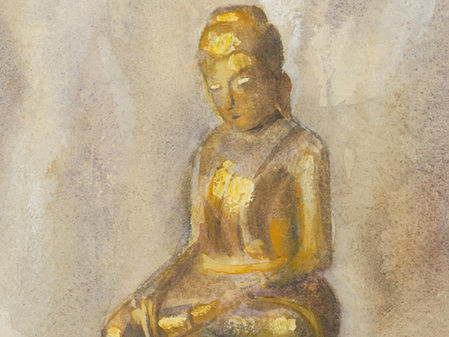top of page


Data & Politics: Hybrid Warfare, Manipulation, and Legalities
Volker Wittpahl: If I had a wish for Christmas, I would say if we had a kind of driving license for any smartphone and for every internet service for every citizen, no matter what age, then we wouldn't have this problem. But we will never get this license like a driving license for a car.

Vadim Martschenko
Dec 25, 20256 min read


From the Balkans to Brussels: Nationalism Pushes Europe to the Edge
A proud member of the Union since 2013, Croatia has recently advanced its own integration by joining the Eurozone in January 2023, setting a precedent for neighboring states (Walker, 2023). Yet, increasing political turbulence risks undermining the progress and discrediting the EU.

Inès Maudire
Dec 25, 20255 min read


Le Différend in International Relations and Law
From the 2000s onwards, it is possible to observe a shift in narrative rationality within International Relations. The idea is that subjects of International Law construct and act according to a set of narratives, and therefore, the historical analysis of these narratives is an appropriate means to understand existing geopolitical dynamics.

Afonso Oliveira Fachada
Dec 25, 20255 min read


A Humble Guide to Navigating the Illusion of Universal Values in Post-Modern Diplomacy
A Peruvian can be freer than a US citizen. No, it is not a joke, or an attempt to rage-bait. It is the simple fact that the concepts we assume to be universally shared are anything but universal most of the time. Thus, the understanding of freedom emerges as a subjective construct within the post-modern reality.

Basak Gizem Yasadur
Dec 25, 20256 min read


Political Violence in Mexico: The Cost of Inaction
This increase in violence cannot be solely blamed on failed operations or a lack of police training. It involves a more complex set of factors, including corruption and institutional capture. Organized crime not only attacks but also infiltrates political power.

Miriam Cornejo Rodriguez
Dec 25, 20254 min read


Building Peace Without Power Politics: Latin America’s Diplomatic Model
According to Kenkel (2010), peace in Latin America is not defined simply by the absence of war, but by a state of equilibrium that has sustained a continent free from significant interstate armed conflicts for more than a century. This relative peace has allowed the region to consolidate its capacities for mediation, diplomacy, and cooperation within its territory.
Sofía Onores
Dec 25, 20258 min read


The Geopolitics of Water and Food in a Scarce World
It is evident that these global issues require united and sustainable solutions, but this article aims to identify how the state of global politics and power may shift in the age of resource anxiety. Control over water and food sources is a form of geopolitical currency.

Sophia Giesbertz
Nov 25, 20255 min read
bottom of page









